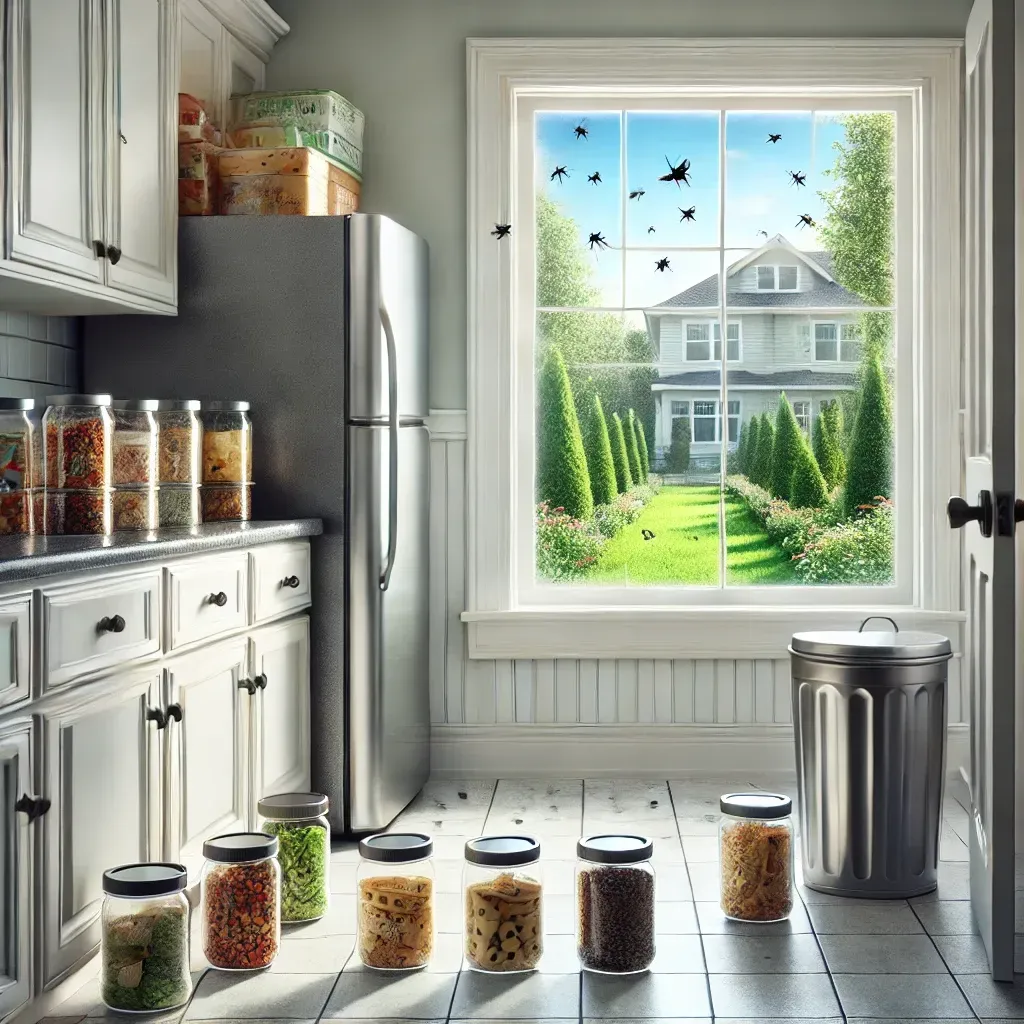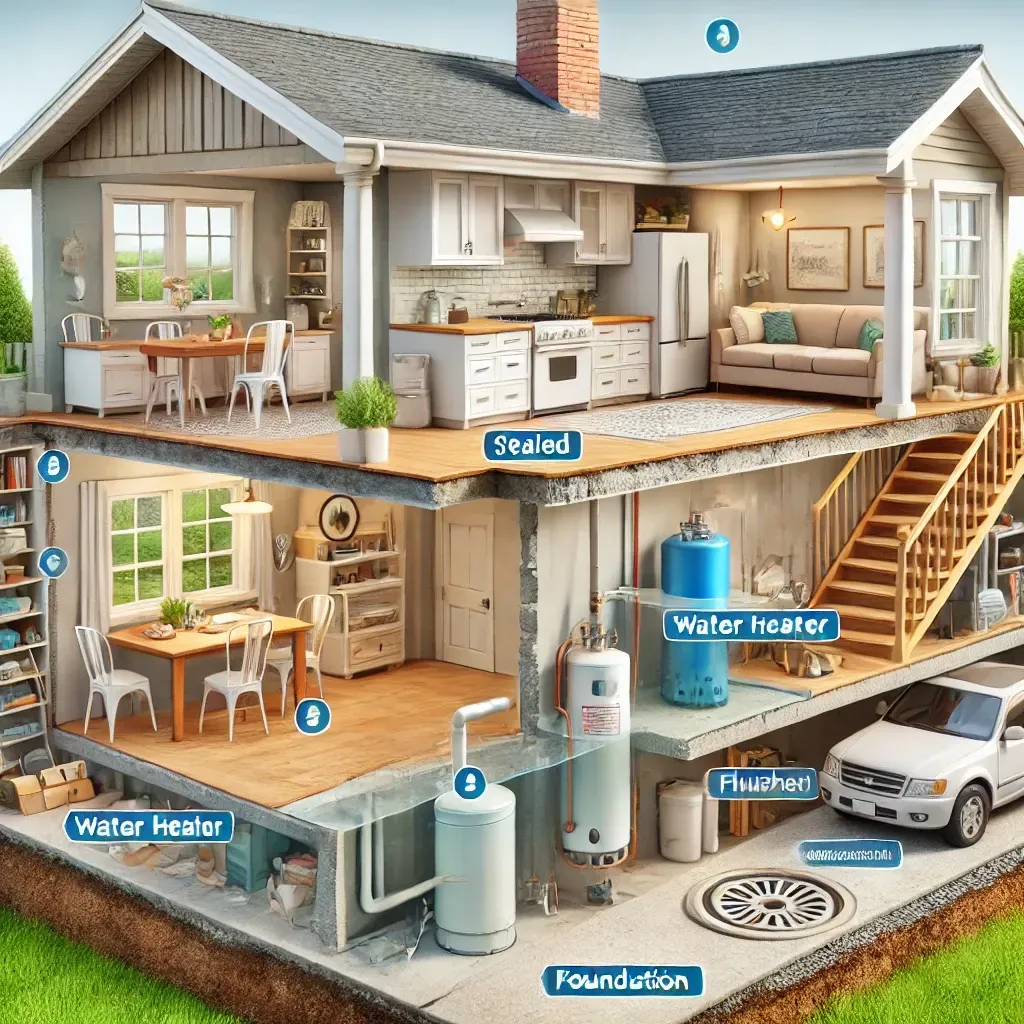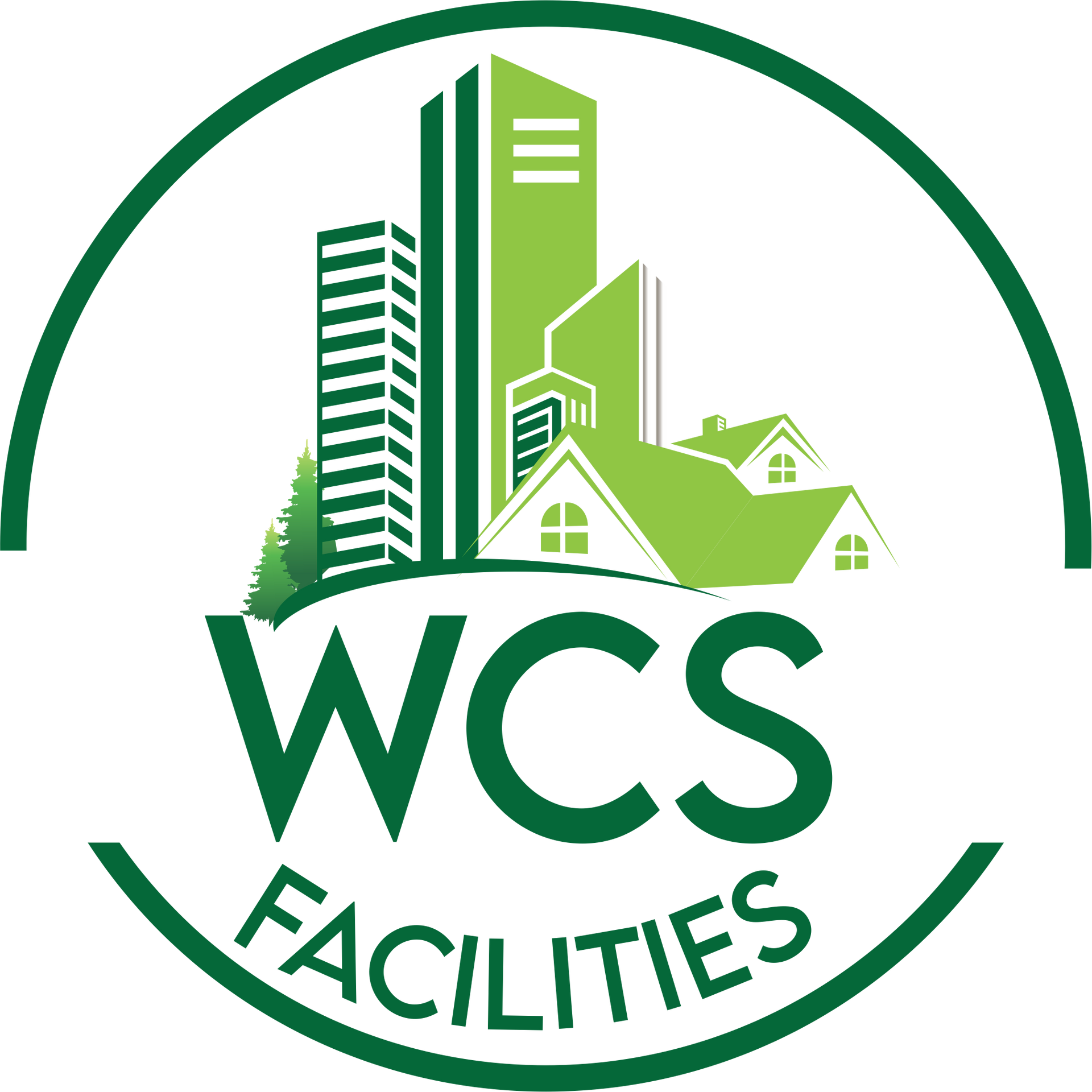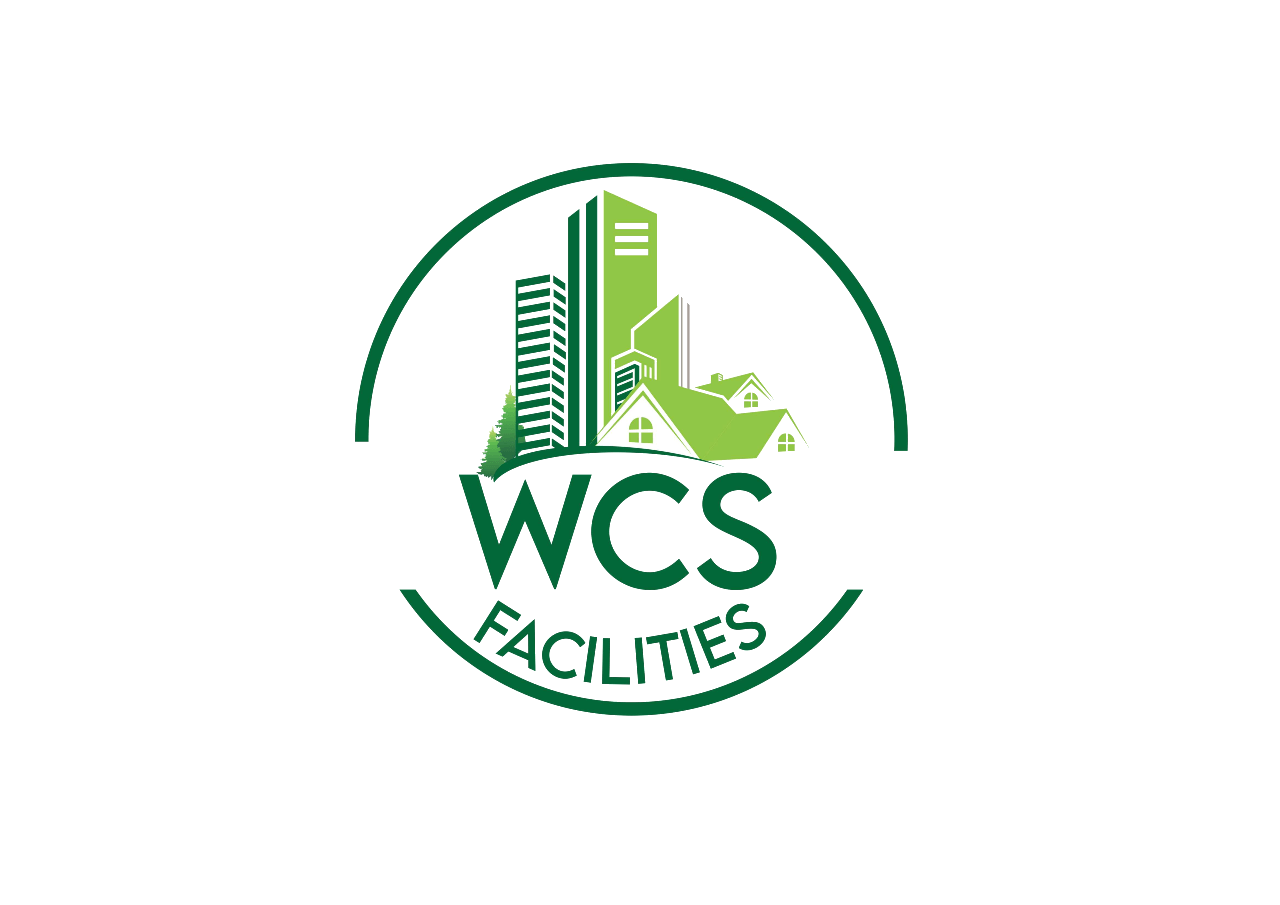Guide to Professional Cleaning Services
In today's world, the role of professional cleaning services has never been more critical. The industry has undergone significant transformations, responding to the challenges of global health crises, increased awareness of environmental sustainability, and the ever-growing expectations for cleanliness and hygiene in public and private spaces.
The demand for high-quality, specialized cleaning services is at an all-time high, whether in the workplace, event venues, healthcare facilities, or even residential settings. This guide will explore the latest trends, techniques, and considerations for selecting professional cleaning services that meet the demands of the modern age.
Addressing New-Age Challenges
Cleaning in the Age of Pandemic Preparedness

The
COVID-19 pandemic has profoundly impacted how we think about cleanliness. Cleaning services now go far beyond basic dusting and vacuuming. Today, there's an emphasis on disinfection protocols designed to mitigate the spread of infectious diseases.
Professional cleaning companies are at the forefront of these efforts, using hospital-grade disinfectants, implementing strict sanitization routines, and ensuring that high-touch surfaces are regularly cleaned. This shift has made cleanliness synonymous with safety, particularly in environments with high foot traffic, such as offices, schools, and retail spaces.
The Intersection of Technology and Cleaning
Technology is revolutionizing the cleaning industry. From AI-powered cleaning robots that can navigate complex spaces to data-driven tools that optimize cleaning schedules, technology is enhancing efficiency and effectiveness.
For instance, automated vacuum systems and robotic floor cleaners can now handle large areas with minimal human intervention, reducing labor costs while ensuring consistent results. Additionally, intelligent sanitization tools equipped with sensors can detect areas that need more attention, ensuring thorough cleaning without wasting resources.
Adapting to Diverse Industry Needs
Professional cleaning services are no longer one-size-fits-all. The industry has adapted to meet the unique requirements of various sectors. In healthcare, for example, strict standards necessitate specialized cleaning protocols to prevent contamination and infection.
In the food industry, professionals must adhere to stringent hygiene standards to ensure food safety. Similarly, tech manufacturing facilities may require cleanrooms where even the smallest particles must be controlled. Professional cleaning companies have developed expertise in these areas, providing tailored solutions that meet industry-specific needs.
Selecting a Professional Cleaning Service
Regulatory Compliance and Certifications
When choosing a professional cleaning service, one must consider its compliance with regulatory standards. Top-tier cleaning companies hold certifications that demonstrate their adherence to industry best practices. For instance, the Occupational Safety and Health Administration (OSHA) certifications ensure that the cleaning service follows safety guidelines, protecting its employees and clients.
Conversely, Environmental Protection Agency (EPA) certifications indicate the use of approved, eco-friendly cleaning products. Understanding these certifications can help you select a service provider that meets your industry's regulatory requirements.
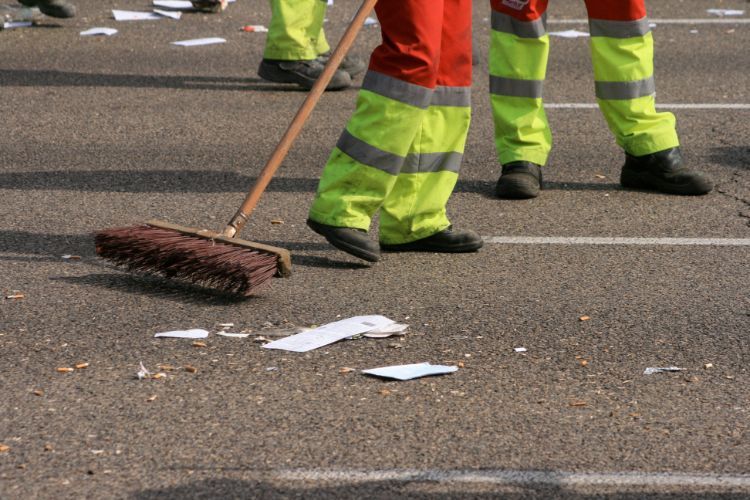
Evaluating Service Flexibility and Scalability
Flexibility and scalability are critical factors when choosing a cleaning service. Businesses today need cleaning solutions that can adapt to their changing needs. For example, a significant corporate event may require extensive pre- and post-event cleaning, while a small office may need daily maintenance.
It is vital for a cleaning service to scale its operations, whether by increasing personnel for a large job or adjusting schedules for seasonal changes. A flexible service provider can accommodate your requirements, ensuring your space is always clean and presentable.
Cost vs. Value: Making an Informed Decision
While cost is a significant consideration, it is important to weigh it against a professional cleaning service's value. High-quality cleaning services may come at a premium, but they offer benefits beyond just a clean space.
These services can extend the life of your property by maintaining fixtures and preventing wear and tear. Additionally, they can contribute to a healthier environment, reducing sick days and increasing productivity. Consider the long-term savings and benefits of investing in a reputable, experienced cleaning service when evaluating costs.
Advanced Cleaning Techniques and Their Applications
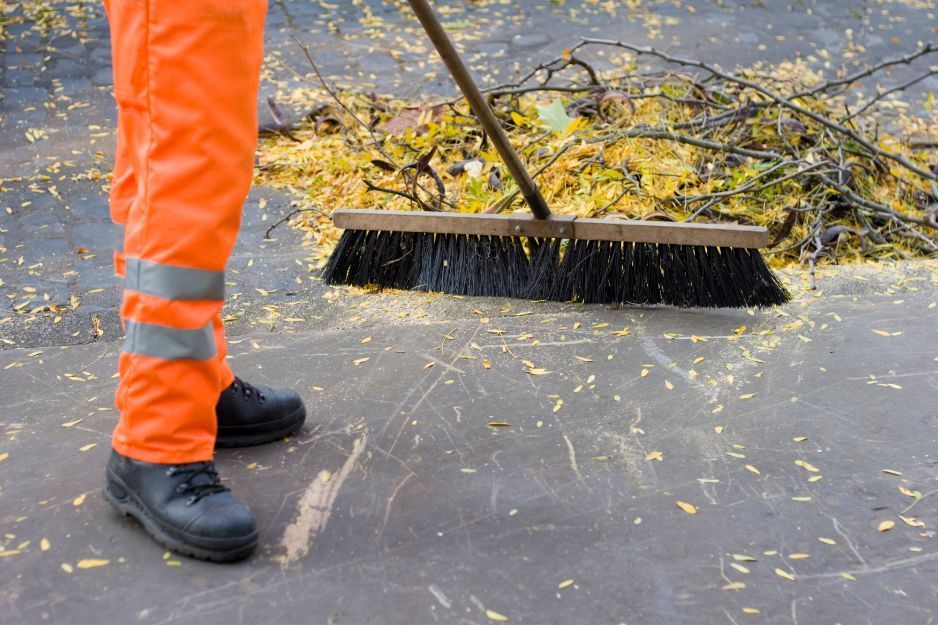
The Science Behind Sustainable Practices
Sustainability is no longer a buzzword; it's a priority in the cleaning industry. Green cleaning practices are designed to minimize environmental impact while maintaining high standards of cleanliness. One approach is to use biodegradable cleaning agents, which break down more quickly and are less environmentally harmful.
Energy-efficient equipment, such as vacuum cleaners with HEPA filters, cleans better and uses less electricity. Water-saving technologies, like microfiber mops, reduce water usage while delivering a thorough cleaning. These techniques benefit the environment and create healthier indoor spaces for occupants.
Cutting-Edge Disinfection Methods
In today's world, disinfection has become a critical component of professional cleaning. Advanced methods, such as electrostatic spraying, ensure that disinfectants cover every surface, including hard-to-reach areas. UV-C light disinfection is another cutting-edge technology that uses ultraviolet light to kill bacteria and viruses on surfaces. Additionally, antimicrobial surface treatments can provide long-lasting protection, preventing the growth of microbes on treated surfaces. These advanced methods offer higher levels of sanitation, making them essential in environments where cleanliness is paramount, such as healthcare facilities, food processing plants, and event cleaning services.
The Future of Professional Cleaning
The Rise of Eco-Friendly and Zero-Waste Cleaning
As sustainability becomes increasingly important, the cleaning industry is moving toward zero-waste practices. This involves minimizing waste generated during the cleaning process by using reusable cleaning materials, reducing single-use plastics, and implementing recycling programs.
Eco-friendly cleaning solutions that reduce environmental impact are becoming the standard rather than the exception. Companies that adopt these practices contribute to environmental conservation and appeal to clients who prioritize sustainability.
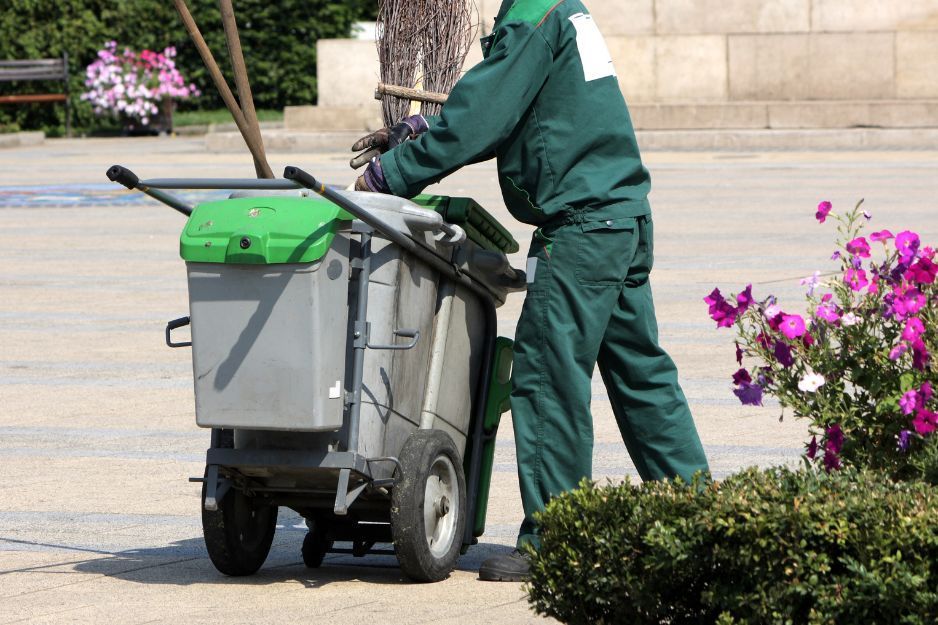
Integration of Wellness and Cleaning Services
There's a growing recognition that cleaning services contribute to overall wellness. Clean environments contribute to physical and mental well-being, and professional cleaning services are beginning to integrate wellness practices into their offerings.
This could include using natural cleaning products with calming scents or ergonomic cleaning tools that reduce worker strain. By focusing on wellness, cleaning services can create clean and feel-good environments.
The Globalization of Cleaning Standards
With businesses operating across borders, there's a push toward global standardization in cleaning practices. International companies are setting benchmarks for hygiene and sanitation that are being adopted worldwide. This globalization of standards ensures that clients can expect the same cleanliness and safety regardless of location. As these standards evolve, professional cleaning services must stay informed and adapt their practices to meet these expectations.
Embrace the Future of Cleaning Services for a Healthier Tomorrow
As the cleaning industry continues to innovate, it's clear that professional cleaning services are more essential than ever. By adopting advanced techniques, sustainable practices, and data-driven strategies, you're not just ensuring a spotless environment but investing in the health and well-being of everyone who enters your space. The future of cleanliness lies in choosing services that meet these evolving standards, providing both peace of mind and tangible benefits.
For those with specific needs, such as
post-event cleaning, partnering with a forward-thinking cleaning service is crucial. Trust in experts who prioritize thorough, effective cleaning, leaving your environment pristine and ready for the next challenge. Make the smart choice today for a cleaner, healthier tomorrow.
You might also like
